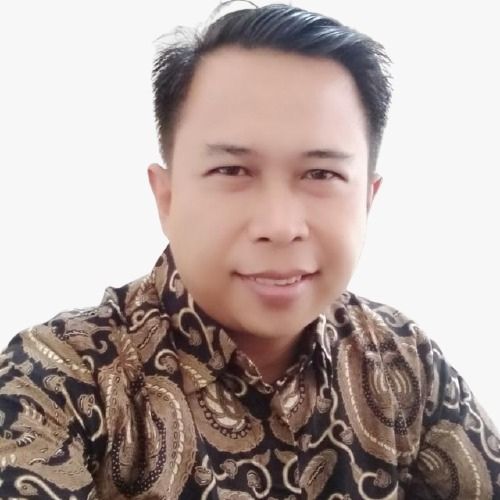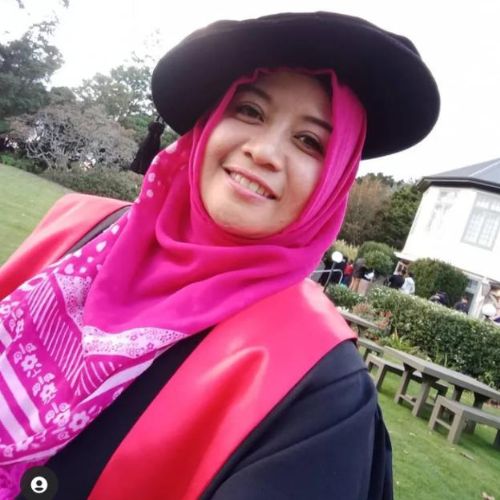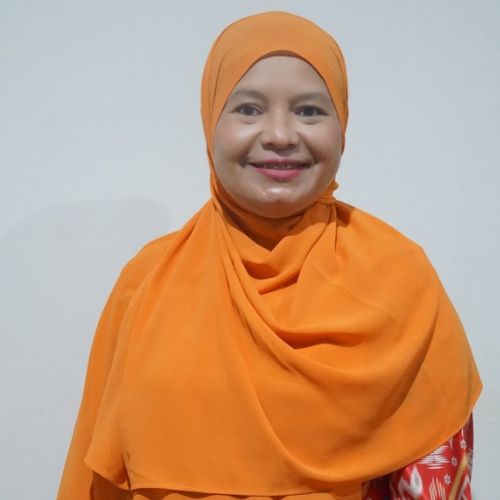Implementation of Ecological-based budget transfer in Indonesia; an Experience from Province of West Nusa Tenggara
Speakers

Moh. Taqiuddin
Lecturer at the University of Mataram majoring in Sociology also a Director of KONSEPSI (Consortium for Study and Development of Participations) based in Mataram

Andi Chairil Ichsan
lecturer in the Department of Forestry at the University of Mataram specialize in the scope of Tropical Biodiversity Conservation and Environment Public Policy.

Baiq Yulfia
Lecturer at the University of Mataram specialize in gender and development, community participation development, planning and evaluation of community empowerment.

Suryani Eka Wijaya
Coordinator of data and management information in the Development Planning, Research, and Regional Improvement Agency (BAPPEDA) of West Nusa Tenggara Province

Bowo Susatyo
Expert in regional financial management

Julmansyah
Head Office of Environment and Forestry Department of West Nusa Tenggara Province
Moderator

Fitriah Kartini
Gender development specialist on climate change adaptation in the KONSEPSI NTB, lecturer in social studies at STIA Mataram and Presidium ISJN (Indonesia Social Justice Network) for IFP-Ford Foundation Alumni in Indonesia
Event Details
Ecological-based fiscal incentive schemes can be given to province and district government level that have strong commitment to encourage environmental conservation in their areas. It is measured by the existence of several achievement indicators, such as pro-environmental regulatory instruments, availability of reliable programs which is integrated to the priority programs at the province level.
Multi-stakeholder cooperation that linked among governments, scientists, practitioners, NGO, education is the main issues to give each party contribute to protect their environment. There are 5 benefits reach by each party to the scheme such as:
- Increased trust and appreciation between each level of government;
- Creating robust collaboration from province to village;
- the effectiveness of program implementation and coordination;
- Increasing the quality of community services based on performance;
- enhance opportunities for collaborative development program in West Nusa Tenggara.
There are four mechanisms in TAPE:
- Fiscal Transfer from Province to Regency;
- District to village Fiscal Transfer;
- Fiscal Transfer from Province to Village; and
- Performance-based Budget Allocation.
The mechanism is carried out by providing province budget allocations source to regional government services that fulfil the West Nusa Tenggara government priority programs.
Video Recording



